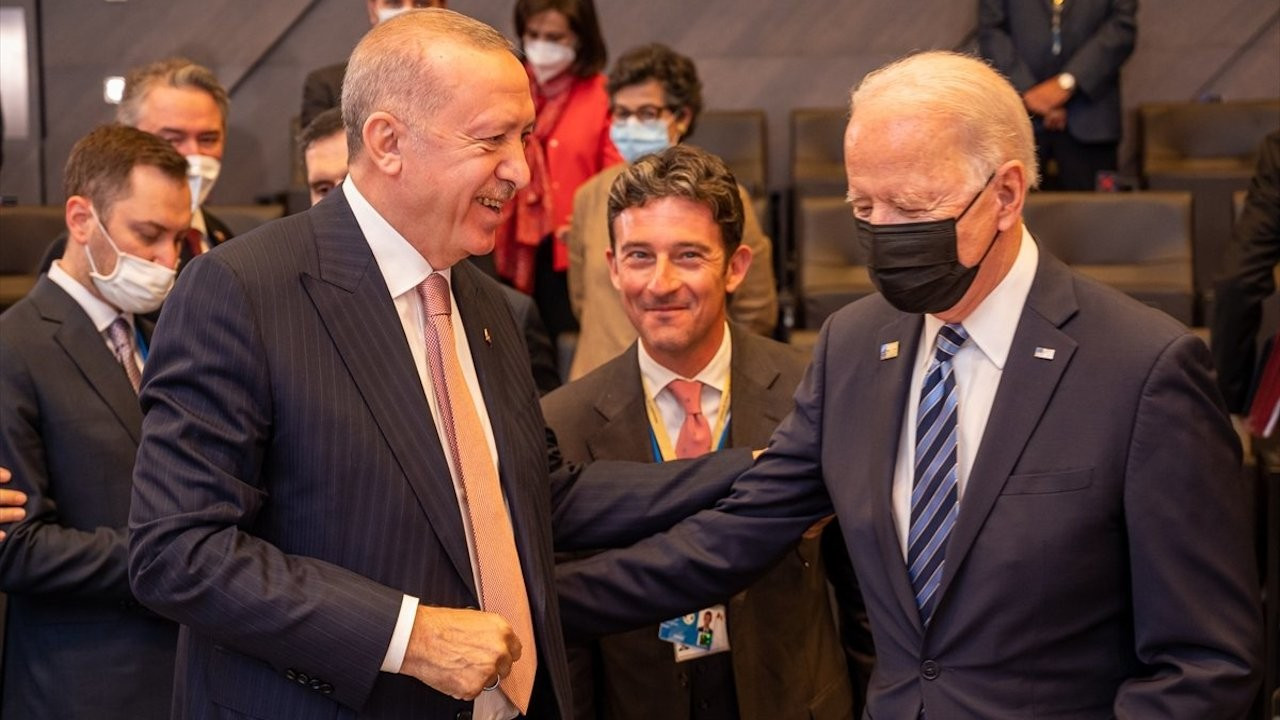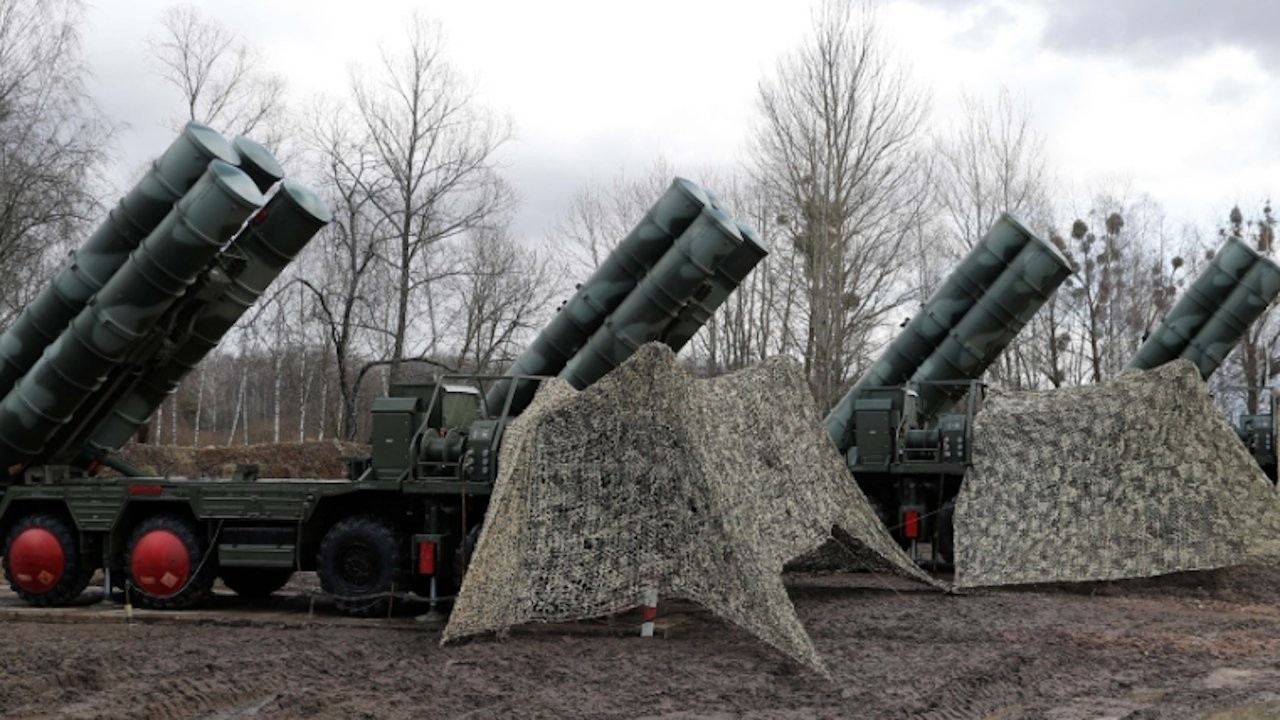Ankara's hedgehogs too know only one big thing
The hedgehogs in Ankara thought they were “pulling a Crimea” when intervening in Syria. At the end, Turkey found itself waiting at Washington’s door for an additional batch of forty F-16’s. Greece signed a 19th century style defence agreement with France as well as procuring fregates and Rafale fighter jets.
The former Australian PM Malcolm Turnbull had these (to my mind wise) words to share in his speech delivered at the National Press Club of Australia on Sept. 29: “We should not see our region as a series of spokes connected to Washington or Beijing but rather as a mesh where nations like Australia would build their security by stronger ties with all our neighbours – great and small.” That led me to pause by drawing a comparison with approaches to national security by my home country Turkey -a NATO ally- and the situation of Taiwan.
Taiwan, an island-state, has a population of nearly 24 million while Australia, an island-continent state, has one of nearly 26 million. Whereas the former’s size is 36K square kilometres, Australia’s is 7.62 million square kilometres. Taiwan is 2.100km away from China’s coast, Australia is 9000km. In 2021 Taiwan’s GDP is estimated as USD 188.213 billion, Australia’s is USD 411.615 billion. The Australian Defence Force (ADF) has a strength of around 85,000 full-time personnel including the reservists. Taiwan’s has 290.000. In September Taiwan proposed an extra defence spending of USD 8.69 billion over the next five years. Australia’s defence budget will increase for the 2021-22 fiscal year by USD 34.84 billion.
Given the evidence of this statistical data could Taiwan too have the diplomatic latitude to ponder upon “spokes connected to Washington or Beijing” and “a mesh of ties with neighbours” or would rather, come rain or come shine, fall back upon the metaphor of an “hedgehog knowing one big thing”? In any case, could Australia be considered as a “fox knowing many things” and by default, eagerly tolerated for its recent giving of short-shrift to France? Perhaps Turkey is a hedgehog in that case posing as a fox, as far as its foreign and national security policies are concerned. “Every lamb gets hanged by its own limb” we say in Turkish. If we tend towards that direction though, there is the risk of accepting international relations as a “natural” environment of total chaos.
For Turkey’s well established hedgehogs, that “one big thing” is to avoid the perceived risk of an always imminent dismemberment hence the territorial integrity and the national unity of their country. According to them, that perfidious (!) act would be committed by “imperialist” powers weaponizing the Kurdish political movement. Those same hedgehogs are also ever ready to go to war or to defend the motherland against Greece which they are convinced is always poised for a rematch. Their fear was exacerbated first in 1991 but then seriously in 2003 when the US became an unexpected and unwelcome neighbour in Iraq. In Syria, for them to add insult to injury, the same US is deliberately training and equipping PKK’s extension YPG since early 2015 as north-eastern town of Kobane was about to fall to ISIL’s siege while Ankara chose to sit on its’ hands and whistle.
In the mean-time Crimea was first invaded and then annexed by Russia. China in its turn gobbled Hong Kong seeing no reason to wait until mid-century. In Turkey, the failed coup attempt in July 2016 and lack of empathy extended by the US led Erdoğan to re-calibrate his already assertive foreign policy. On the one hand the geopolitical stars were aligned, on the other there were too many alibis present. Some were misty eyed reminiscing an imagined glorious past, others were convinced that a correction of Turkey’s borders would not only be timely but was also inevitable. The more pragmatic minded amongst the Islamists thought the army would be better off by being kept busy during endless expeditions or that it was about time to give the army what they long wanted.
Following the coup attempt, Erdoğan also erred in judgment by procuring S400 air defence systems from Russia. In his mind, this step would go down as textbook brinkmanship and playing one global power against the other. The way Germany went ahead with the NordStream 2 project and now the way Australia turned away in the last minute from the submarine deal with France, it should have been totally acceptable and legitimate for Turkey to turn towards Russia their thinking went, more or less. However, that also meant rather expectedly, to leave Turkey’s first amphibious assault ship TCG Anadolu -which is marketed for domestic consumption as (light) aircraft carrier- without its VTOL capable F-35B’s. It also translated as Ankara mixed a stand-alone defence capacity up with strategic autonomy.
By the same token, the Blue Homeland doctrine, which was not more than an empty slogan anyhow, pushed Greece and Egypt together. It also created formidable fronts in the East Mediterranean against Turkey by pulling again Greece together with Israel and UAE. The U.S. which was already propping up its presence in locations as Alexandroupoli and Crete now felt even greater room for manoeuvre. The hedgehogs in turn thought they were “pulling a Crimea” when intervening in Syria. At the end, Turkey found itself waiting at Washington’s door for an additional batch of forty F-16’s. Greece signed a 19th century style defence agreement with France as well as procuring fregates and Rafale fighter jets.
That “mesh” referred to by PM Turnbull may as well be construed as what I call “constants” in the case of Turkey. Position on the map, founding member of the CoE and the OSCE, OECD member, EU candidate, NATO ally and the international binding documents signed with chief among those the Treaty of Lauasanne and the Montreux Convention. Whomever takes over power in Ankara, challenges too will remain albeit one should abstain in fact to call every single one of them “existential”. There is no reason to fudge all political demands (especially the Kurdish political movement’s) under the security header in capital letters.
Political solutions either in domestic or in foreign policy are imperfect by nature and perfect is the enemy of good. These can only be reached with wisdom, patience and consistency and more than all that they necessitate leadership. Erdoğan enters an election year trailing behind his opponents in opinion polls. His customary unpredictability fares at a record high and is expected to remain that way. What is also unpredictable is whether his main opponents claiming that “crowning the republic with democracy” mantle do not necessarily appear to have neither that stomach nor that leadership wisdom to bring those already long overdue political solutions to both domestic and foreign policy issues.


 Biden says Turkey 'undermining' fight against ISIS in SyriaDiplomacy
Biden says Turkey 'undermining' fight against ISIS in SyriaDiplomacy US Senate Foreign Relations Committee warns Turkey of new sanctionsDiplomacy
US Senate Foreign Relations Committee warns Turkey of new sanctionsDiplomacy